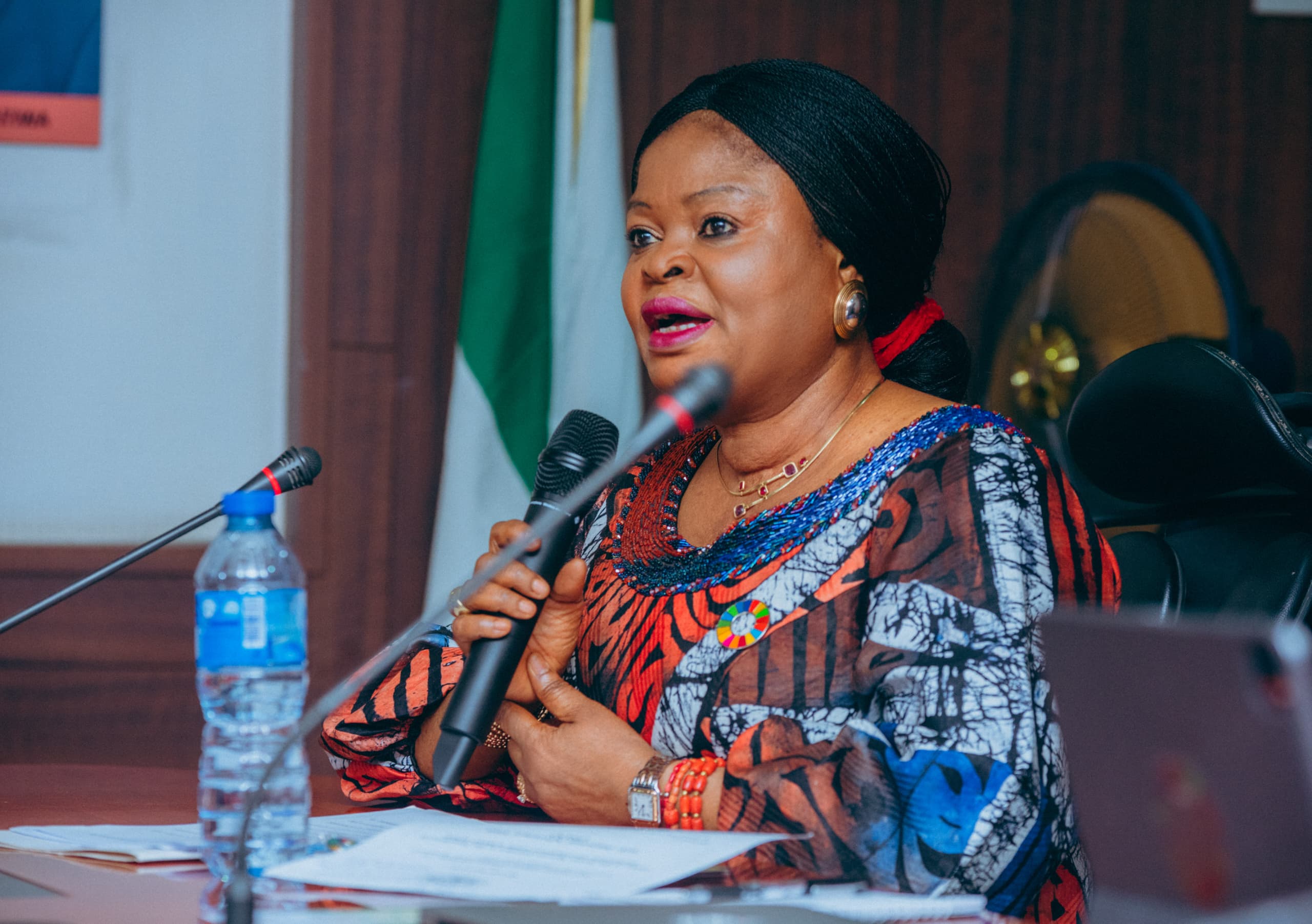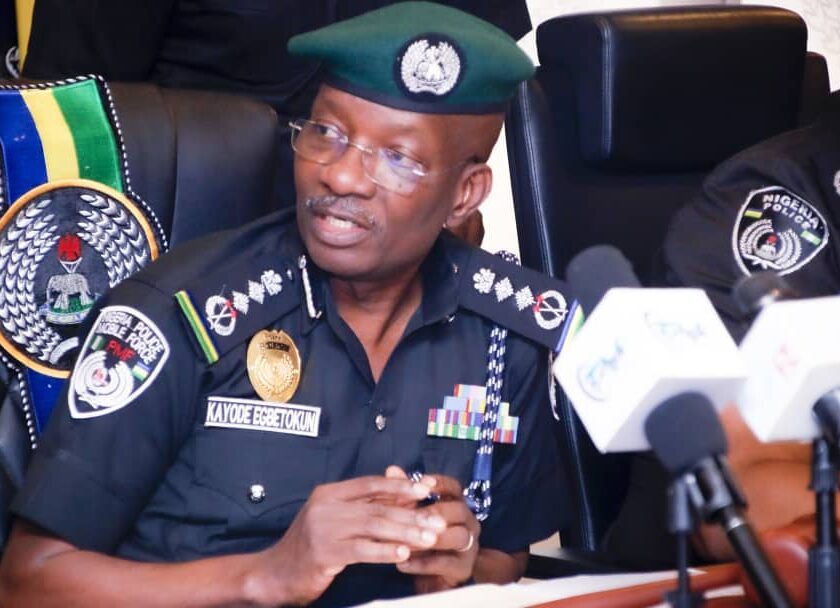In line with it’s 17 Goals, the domesticated UN Sustainable Development Goals SDGs stepped up the needed awareness, sensitization and advocacies at the global, national and particularly sub national levels, with a view to ensuring massive interventions and participation at that level.
With the extraordinary efforts of the handlers in Nigeria under the management of Princess Adejoke Orelope-Adefulire as the Senior Special Assistant to the President on the program, the determination to attain the expected feat towards the decade of action 2020-2030 remained unwavering.
The rejigging process which led to the commencement of the sensitization and awareness tour to both the Northern and Southern part of the country was geared towards mitigating and meeting all requirements of the UN nations Sustainable Development Goals SDGs, six years away to the decade of action date of 2030 Agenda.
The determination of the global community seeking to par through acceleration of SDGs at the national and sub national levels including the FCT, no doubt is capable of galvanizing stakeholders at national and sub national levels for a strategic development template to address the negative consequences attendant to poverty , illiteracy among many other variables.
The concerted partnership among the stakeholders which included the states, local government areas and FCT, will address the growing and unabated “Triple C” of COVID, Climate change and unrestricted Conflicts prevalent in the third world countries .
The obvious willingness of the federal government and not stand alone policies and projects and determination will reduce to the barest minimum the scourge of out of school children OOSC, damaging poverty rate towards attaining the implementation of 2030 decade of action Agenda.
Having achieved a paltry 15% on track in the implementation of the program on a wholistic level resulting to about 85% off track , will not augur well for the anxious implementation of the decade of action few years away.
According to the implementers and reliable data from the handlers of the program under the leadership of Princess Adejoke Orelope-Adefulire, she enthused …
“In Nigeria, the Multidimensional Poverty Index Report (2022) shows that about 63 percent or 133 million Nigerians are multi-dimensionally poor. The report shows that poverty levels vary significantly across states and geopolitical zones. Specifically, multidimensional poverty is higher in rural areas, where 72 percent of people are poor, compared to 42 percent in urban areas. Overall, the report revealed that 65 percent of poor people live in the North, while 35 percent live in the South.”
“Relatedly, the National Bureau of Statistics’ Multiple Indicator Cluster Survey Report (2022) shows that the under-5 mortality rate, which represents SDG 3.2.1, is 102 per 1,000 live births – with Sokoto, Kebbi, Katsina, and Jigawa recording the highest, and FCT, Benue, Kwara, and Ebonyi States recording the lowest.”
“On SDG 4, quality education among children and adolescents aged 7-14 years, only about 27 percent have foundational reading skills, and 25 percent have foundational numeracy skills. This translates to a low out-of-school rate found in Ekiti State at (2%) and Imo (1%), while the highest rates are found in Kebbi (65%) and Zamfara and Bauchi States both at 61%.”
With these negative trend of 63% or and 133M Nigerians leaving below poverty level without basic education and Out of School Children OOSC, conspicuously getting out of hand with 65% in the Northern States despite the introduction of various programs by UBEC and an impressive and room for improvement of 35% in the Southern part of the country, the need for fast tracked action is desiring.
The rejigging of the institutional framework of the program to guarantee the implementation of all round progress of SDGs Goals across national and sub national levels including the FCT will not only reduce the trend , but bring it under control for immediate improvement.
Therefore, the mobilisation of critical stakeholders , experts, resources from both the public and private sectors, UN development partners and systems, donor community, the academia, civil society, concerned citizens and voluntary advocates to support SDGs will advance and guarantee the accelerated implementation of the half decade away of decade of action of the implementation of SDGs, at the national and sub national levels.
With the renewed vigour through the sensitization, awareness and advocacies under the Renewed Hope Agenda of President Bola Ahmed Tinubu, it is obvious that the country through collective efforts and bargaining will attain the ambitious 2010-2030 agenda seamlessly.
*YUSUF writes from Abuja can be reached on yus.abubakar3@gmail.com.





